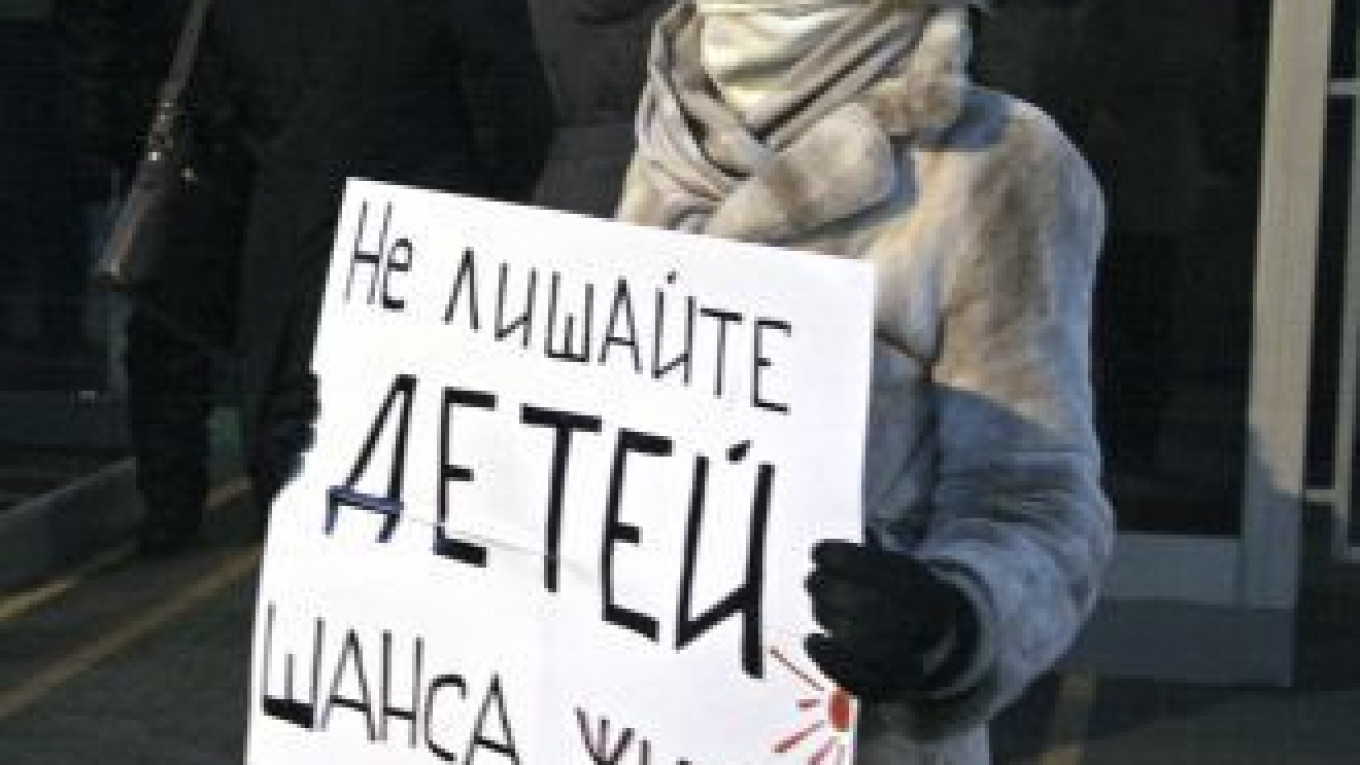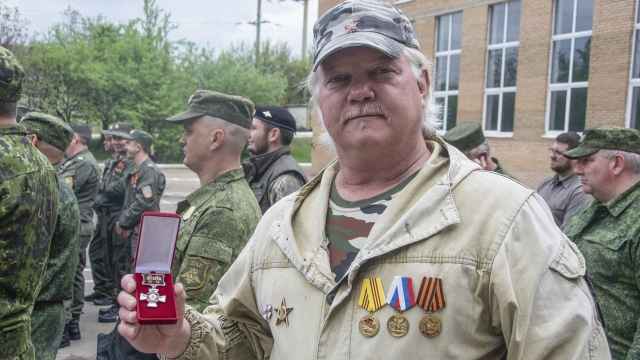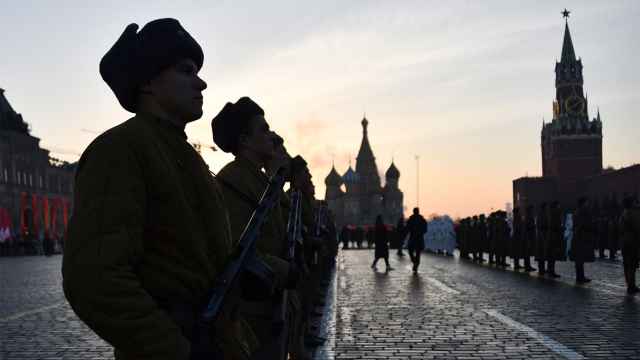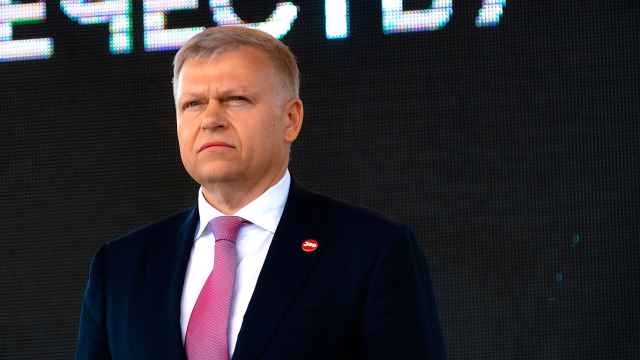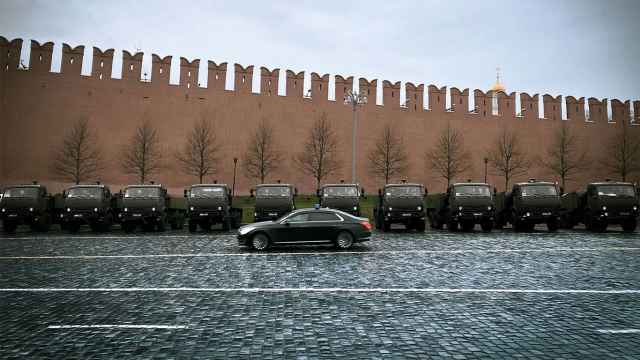The Federation Council unanimously passed legislation on Wednesday to ban U.S. adoptions of Russian children. The bill only needs President Vladimir Putin's signature to become law.
Presidential spokesman Dmitry Peskov afterward told reporters that Putin would make a decision about whether to approve the legislation within two weeks.
The controversial legislation, widely considered retaliation for the U.S. Magnitsky Act, which seeks to impose sanctions on Russian officials believed to have committed human rights abuses, received 143 yea votes. Twenty-three senators did not participate. Six votes were by written request.
The adoption ban is part of broader legislation calling for financial and visa-related sanctions against any individual who violates the rights of Russian citizens. It also seeks to impose harsh new restrictions on non-governmental organizations.
The U.S. law, which aims to disallow suspected Russian officials from entering the United States or having U.S. bank accounts, was named in honor of Sergei Magnitsky, a lawyer for the Hermitage private equality fund who died in 2009 in a Moscow jail after being brutally beaten, according to a report by the Kremlin's Human Rights Council.
The decision by some Federation Council senators to skip Wednesday's vote was indicative of a deep divide over the adoption ban, not only among the public but also among members of the political elite and prominent celebrities.
Education and Science Minister Igor Livanov, Foreign Minister Sergei Lavrov and Social Affairs Minister Olga Golodets have all publicly voiced opposition to the legislation.
Golodets has written a letter to Putin saying the proposed adoption ban does not comply with international laws, such as the United Nations Convention on the Rights of the Child, of which Russia is a signatory, Forbes magazine reported.
Prime Minister Dmitry Medvedev said in comments carried by Interfax on Wednesday that he was aware of the letter and that "professionals" in the presidential administration should read it. Medvedev, a leader of the ruling United Russia party, which drafted the proposed ban, did not present his own position on the bill during the party's forum last week.
Members of the presidential human rights council also appealed to Putin on Wednesday, asking him not to sign the bill and calling it "unconstitutional."
Council head Mikhail Fedotov told Kommersant FM that laws concerning children should at first be discussed by regional assemblies.
Popular actor Konstantin Khabensky, who received an "artist of the people" award from Putin on Wednesday, appeared at the Kremlin ceremony wearing a pin saying, "Children should be kept out of politics." Khabensky told RIA-Novosti that his pin "said it all."
Renowned jazz musician Igor Butman told The Moscow Times last week that "no irresponsible decisions should be made," referring to the adoption ban.
Butman, who spent part of his music career in the United States and won favor with former U.S. President Bill Clinton, an amateur jazzman, said that both Russia and the U.S. should do more to create a dialogue. "Sometimes there is a feeling that we are talking to ourselves," said Butman, a member of United Russia.
Prior to Wednesday' vote, some senators, like a former polar explorer Artur Chilingarov, said there was no need to rush the legislation. "It concerns children, and you have to be accurate with it," Chilingarov told The Moscow Times. However, he supported the bill.
Other senators who supported the legislation had harsh words for reporters in defense of their decisions. "We made a serious step, and we will not turn back," Federation Council Senator Svetlana Zhurova, a former Olympic champion, told reporters an hour before the voting.
But some senators tried to sweeten the pill, calling for a way to promote local adoptions. Among the recommended measures were proposed changes to the country's Land Code, allowing parents with three or more adopted children to get free land on which to build a house.
But other senators, in defending their positions, did not hide that the legislation was aimed against adoptions by Americans, not foreigners in general.
"We are not stopping foreign adoptions, we are only stopping American adoptions," said Senator Valery Ryazansky. He added that foreign adoptions were a "forced measure for any country."
Related articles:


